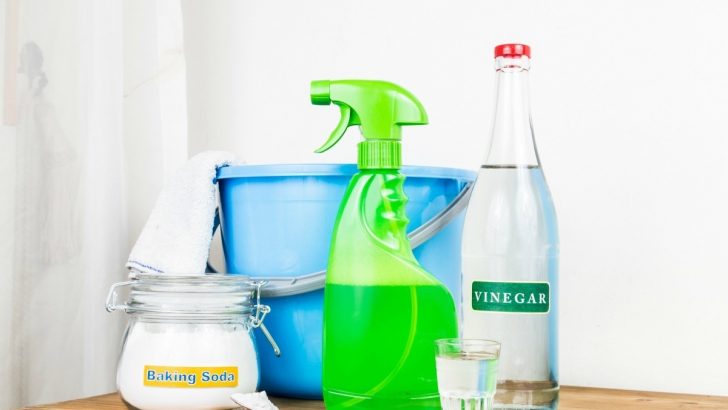Food tingles in Dingle
Described by locals as ‘The Best Weekend of Year’, the Dingle Food Festival will take place at the beginning of October in the fishing town of Dingle on the Wild Atlantic Way.
Highlights of the festival include cookery demonstrations, over 50 market stalls, workshops, street entertainment, children’s events and wine and whiskey tastings (not for the kids!).
The most popular part of the festival is ‘The Taste Trail’. Festival goers purchase a book of taste trail tickets and can then visit over 70 venues around the town offering tastings of the best food and drink the Peninsula has to offer.
The festival in conjunction with various local organisations is aiming to make the Dingle Food Festival waste free by 2020. The October 4-6 event aims to ensure all vendors on the markets and outlets partaking on the Taste Trail, use compostable packaging when serving their delicious offerings.
Bone chilling discovery
It has been assumed for centuries that when a forensic scientist or excavationist finds a human skeleton that it has remained in that position indefinitely – unless some outside force has altered in it some way. However, new findings have indicated that bodies continue to move around after they’ve been buried.
For the research – led by Alyson Wilson from Central Queensland University in Australia – investigators analysed the movement of a “mature male who died by natural causes”.
The team took photos of the decomposition process of the body over more than 17 months and found that the remains appeared to shift on their own. For example, the arms were placed alongside the body only for them to be eventually be flung to one side independent of outside intervention.
Such findings could help forensic scientists provide more accurate estimates of the time of death.
Making a clean break!
When it comes to cleaning, there are endless products on the market to choose from, often leading to a full drawer packed to the brim with half-empty supplies. The problem with many of these items is that they’re very expensive, made entirely of plastic, and have a negative impact on the environment. A solution to this almost ubiquitous problem is to make your own cleaning supplies. This might sound like a daunting task, but before these consumerist items landed in shops, people had been cleaning using natural formulas. Take window cleaner; rather than purchasing a bottle of it, use distilled white vinegar. It’s cheaper and works just as well. Likewise, toilet cleaner can be made by mixing white vinegar with baking soda. This change will take very little effort as you will probably have most of the ingredients at home.



